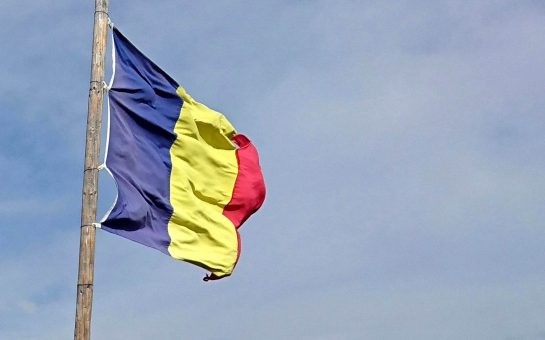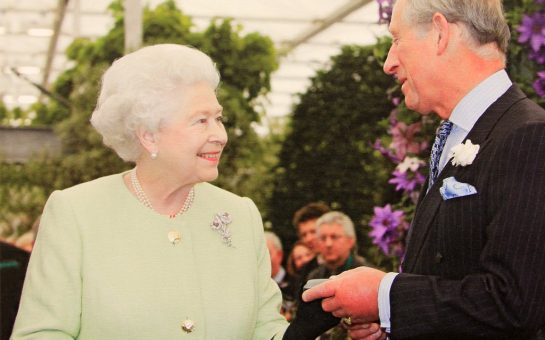SW Londoner’s Scott McWhinney disputes the inclusion of the heart symbol into the Oxford English Dictionary.

Language fascinates me. I can only speak English but even the myriad that I cannot understand intrigues me.
It has the capacity to be so many things to all different people: elegant and precise; crass and cutting; considerate and kind.
Our language began evolving when it was created but are all changes positive? Before considering this question, let’s look at the reasons why this phenomenon is so important.
Language is arguably the most impressive thing that humans have accomplished to date.
Strong words (which invariably backs up the point that language is such an achievement, as these words seem neither more rigid nor less brittle than words like ‘kettle’, ‘petunia’ or ‘Wellington’), given that it is something we all take for granted, but think about it.
It is not something that we sit down to learn as children; rather it is something we acquire. We are not trained in some Pavlovian manner to merely regurgitate a series of one-size-fits-all sentences for given situations.
How different are the sentences ‘I love you’ and ‘I hate you’? The exact same number of letters, with only 3/8 differing, but I would say that if the latter made it into somebody’s wedding vow or the former was given as a greeting to a local green grocer, eyebrows would be raised.
My main point is that it is ever evolving. Words are added, taken away, meanings altered and changed entirely to the point where the language used only a couple of hundred years ago is now a subject of academic debate.
I am not a staunch traditionalist and I do believe this metamorphosis is a good thing but the most recent entry to the Oxford English Dictionary does bring me cause for concern.
Much as I dislike it I can live with ‘bootylicious’ making it in, at least it is a word. Even bring on ‘riffage’, ‘ego-surfing’ and, dare I suggest, ‘grrl’ (I actually wish I was kidding that this was suggested as an alternative to what us humans who have a moderate understanding of vowels would call ‘girl’).
What I have a problem with is this most recent stow away – the heart symbol. I could quite easily include it here but I would not like it to be said that I in any way fostered its passage into the language. Perhaps my editor will be kind enough to offer you a pictorial rendering.
So here is my question: in the world of so called ‘text-speak’ does traditional language have a place or is our alphabet as we know it to be replaced by symbols and figures?
Sadly I have no answer to this question, although I do not think I have hidden my own feelings on the subject. Should we allow the heart into the dictionary because it shows progress?
This I can answer. I think it would be erroneous to include it for the same reason that ‘l8r’ was not included.
While it would be ridiculous to suggest that ‘l8r’ did not enjoy a brief period of vogue in the written language it would be equally nonsensical to claim that everyone used it.
I would say that if a student decided to start writing the word ‘later’ in an alpha/numeric format the piece of work would not be accepted and the student would be actively chastised.
Why should a symbol be allowed to masquerade as a word when it is not even recognisable as one? I put it to you that it should not.
Finally, I would like to leave you with this question: where would one find this neologism in the dictionary? Happy hunting.



